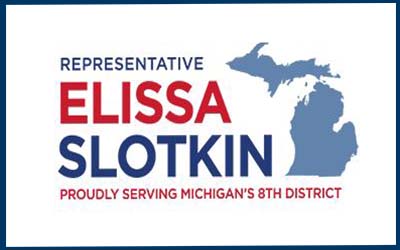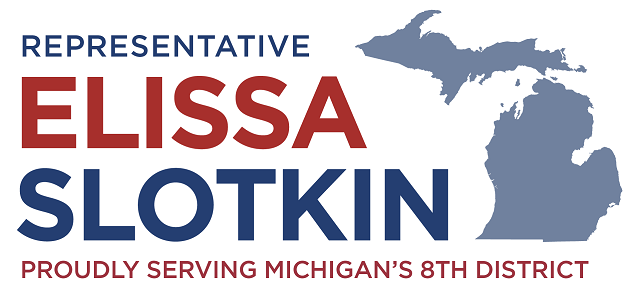
Ages 6 months through 4 years eligible for COVID-19 vaccine
Press Release FOR IMMEDIATE RELEASE: June 21, 2022 CONTACT: Chelsea Wuth, 517-241-2112, [email protected] Children ages 6 months through 4 years now eligible for COVID-19 vaccine LANSING, Mich. – The Michigan Department of Health and Human Services (MDHHS) announces that all Michiganders ages 6 months and up are now eligible for a COVID-19 vaccine. The pediatric vaccine, which received emergency use authorization for this age group from the U.S. Food and Drug Administration (FDA), was recommended by the U.S. Centers for Disease Control and Prevention’s (CDC) Advisory Committee on Immunization Practices (ACIP) on June 18, 2022. “Today parents of young children can breathe a sigh of relief as Michiganders 6 months and up are eligible to get their safe, effective COVID-19 vaccine,” said Governor Gretchen Whitmer. “Parents have been patiently waiting for a vaccine for younger children for years, and now we are ready to help our little ones get the best protection. I am grateful to every Michigander who has gotten their COVID vaccine, taking action to keep themselves, and all our friends, families and neighbors safe. I urge parents to get their children vaccinated so they can enjoy their summer and get ready for the fall, knowing they are protected.” MDHHS is recommending providers begin vaccinating children ages 6 months and up as soon as possible. It is anticipated that both vaccines could be available as early as today. The Moderna series is two doses given 28 days apart for ages 6 months through 5 years. For children 6 months of age through 4 years, the Pfizer series is three doses, the first two given three weeks apart and the third dose administered at least eight weeks after the second dose. For ages 5 and older, the Pfizer series is two doses given 21 days apart. “Being able to vaccinate children ages 6 months and up with safe and effective COVID-19 vaccines is a significant milestone that brings us hope and protects our littlest Michiganders,” said Dr. Natasha Bagdasarian, MDHHS chief medical executive. “These vaccines are incredibly effective in preventing severe illness, disease and hospitalizations. Even healthy children can suffer serious affects from COVID-19, not just those with underlying conditions. We recommend parents and guardians talk to their child’s medical provider or their local health department about the pediatric vaccine and how it offers protection.” More than 500,000 Michigan children under the age of 5 will now be eligible to receive the vaccine. MDHHS recommends all eligible children get vaccinated and stay up-to-date on vaccines even if they have previously had COVID-19. Children younger than 5 can receive vaccine from a primary care provider, local health department or federally qualified health center. Some pharmacies will vaccinate ages 3 and up. Visit Vaccines.gov for nearby vaccine locations – age specific information will soon be available. “We are extremely grateful to now be able to vaccinate nearly all residents in our state,” said MDHHS Director Elizabeth Hertel. “It is important to get children ages 6 months and up vaccinated as quickly as possible to save even more lives and reduce serious illness across our communities, and we want to remind everyone to get boosted if they are eligible. Getting the safe and effective vaccine is an effort that every eligible Michigan resident can take to reduce the spread of COVID-19 and its variants. Working together we can help keep our families safe and healthy.” In Michigan, there have been more than 427,000 confirmed COVID cases in those age 19 and younger, and 44 deaths have been reported in ages 0 to 19 as of June 15. “As a mother, pediatrician, and internist I have seen first-hand the disrupting effects of COVID-19 on our daily lives, even when patients do not end up in the hospital,” said Dr. Amy Hepper, Clinical Assistant Professor of Internal Medicine and Pediatrics at Michigan Medicine. “I am very excited that this new phase of COVID-19 vaccine approvals for our littlest patients will allow children and their families to continue to return to normal with less disruptions to school, work and family life. These vaccines have been in use for the past 18 months in larger doses for older children and adults. I am confident that they are safe and effective with no long-term effects, and I have already begun recommending them to my patients.” Vaccination is the best protection against COVID-19. To date, more than 6.7 million Michiganders have received at least one dose of the COVID-19 vaccines. Michigan residents seeking more information about the COVID-19 vaccine can visit Michigan.gov/ For the latest information is available visit Michigan.gov/Coronavirus and C |

























